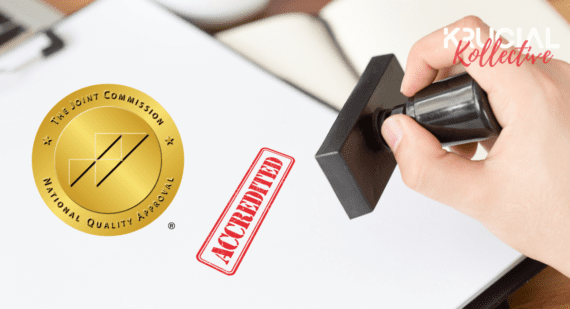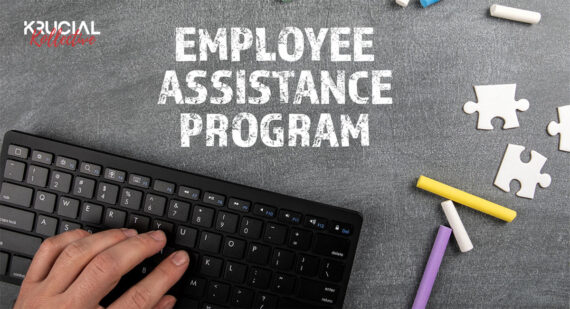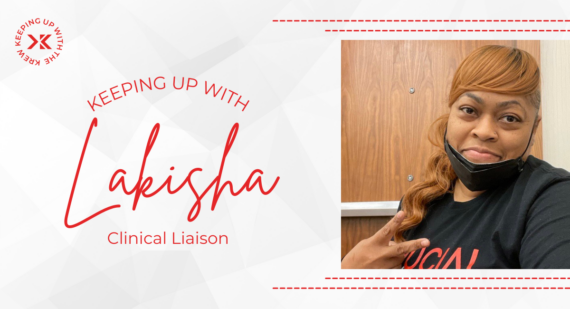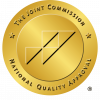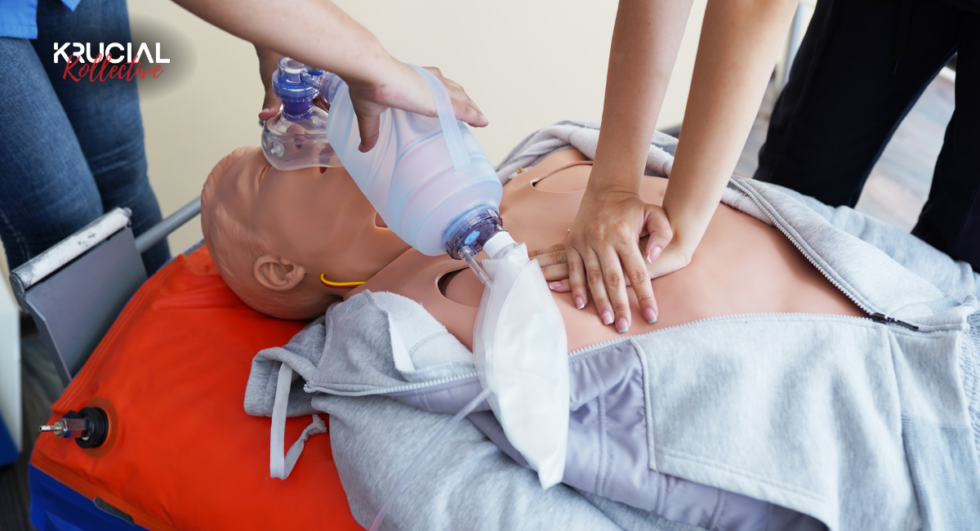
BLS Basics: How to Quickly Acquire Your BLS Certification
By: Ben Phelps
For anyone working in healthcare, acquiring a Basic Life Support (BLS) certification is one of the first things you will have to do when you begin your profession. Additionally, since BLS certifications expire every two years, keeping up with potential process changes is also important. Knowing the best ways to acquire and renew your BLS certification is vital when you are trying to start a new job or work in a travel position.
What is a BLS?
People in the healthcare industry are likely already familiar, but if you’re in the initial stages of your career, you may not know that BLS certification is required for most positions in the sector, from certified nursing assistants (CNAs) to registered nurses (RNs). You might hear that a BLS is just a cardiopulmonary resuscitation (CPR) certification, but that’s not true. A BLS is a more advanced version of a CPR certification, typically used only by healthcare workers. If you do not work in healthcare but want a CPR certification, you could simply sign up for a CPR class, such as the Heartsaver CPR classes offered by the American Heart Association (AHA). The BLS certification is tailored to those dealing with patient care in their daily career. One additional note of importance relates to first aid. Both BLS and CPR classes do not include instruction in implementing first aid care. Earning your first aid certification requires a separate course, also offered by the AHA. While most hospitals don’t require first aid certification, some might, so it’s good to keep in mind.
Acquiring or Renewing Your BLS
When acquiring or renewing your BLS certification, you likely have multiple options depending on your location. Some training organizations offer an online course as an initial step in the certification process. If you take this online portion, you must complete an in-person session to receive your valid BLS certification and e-card. The e-card is simply an electronic version of your BLS certification that allows for quick sending and quick verification by potential employers. The blended learning option provides the flexibility to complete part of the course at your convenience. This can be a great time-saver when in-person class options are limited. Additionally, taking the first part of the class online allows for faster if you need to deploy for a travel contract or new position sooner than anticipated.
Whichever method you prefer, there are many options. A great resource is the American Heart Association. The organization offers a searchable database so that you can find a course close to you. You can also filter your search options by the type of class offered; for example, if you completed the online portion and only need to complete a skills session, you can identify those specific classes. They also have options for BLS renewals as well.
Where can I use my BLS certification, and how long is it valid?
Fortunately, after you acquire your initial BLS certification and/or go through the renewal process, there are no restrictions on where it can be used. If you’re a nurse practicing in Maine and want to move to California or take a travel contract in Texas, your BLS certification is valid. BLS certifications are recognized across all 50 states and internationally. BLS certifications are valid for two years, after which you will need to complete the renewal process. As with initial certification, there are no online-only courses for renewal. You will need to schedule an in-person skills assessment. BLS certification acquired through the American Heart Association is acceptable for working in almost all hospitals across the US. Hospitals also typically accept a BLS certification through the American Red Cross.
Important Tips and Tricks
While the American Heart Association is fantastic for finding facilities that provide BLS certification, it’s still a good idea to call the facility they refer you to. Sometimes a certification facility might have an emergency, causing it to close. In other cases, it might change or update business hours.
In some instances, the hospital you work for might offer BLS certification for its staff. Be vigilant if a hospital provides you with complimentary BLS certification. Some BLS certifications received this way are invalid if you start working outside of that healthcare facility. If you acquire your BLS certification through the American Heart Association, then you won’t have to worry about where it will be valid. Once you complete the certification class, you will have an e-card copy and often a physical BLS certification card as well. Acquiring BLS certification on your own also helps you avoid asking for a copy of your certification if you leave your current organization. Managing the certification process on your own means you have the ability to control when you receive your certificate and where you use it.
For some individuals, you might need further certifications such as Advanced Cardiovascular Life Support (ACLS) or Pediatric Advanced Life Support (PALS) certifications. The American Heart Association and American Red Cross assist in finding facilities that offer these advanced certifications and renewing such certificates. You can also use the same search function noted above to find these classes and facilities. One important item to note: an individual cannot receive an upgraded BLS certification to a more advanced or specialized certification level. If an individual or organization suggest a way to upgrade a BLS to an ACLS certification, it is likely a scam. At most facilities, if you need an ACLS certificate, you will also need a BLS certificate.
Know your BLS Basics
Since nearly every position in healthcare requires a BLS certification, knowing your BLS basics is important for you and your coworkers. Learning how to acquire your BLS quickly can save you time and make the difference in you earning a position over someone else.
Are you interested in contributing to the Krucial Kollective? Email us at marketing@krucialrr.org and let us know what you want to write!
